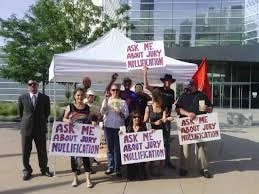
12 Oct Is there such a thing as “Jury Nullification?”
Let’s first define what that is. The pamphlet jurors receive when chosen for jury duty usually contains such statements as: “You must base your verdict on the evidence as you will hear it in court and stipulations made by the parties, and on the law as the judge will instruct you in it.” and “The ruling of the judge involves questions of the law — not of fact — and must not be questioned by the jury as to its correctness”.
Jurors decide the facts from both sides’ opposing evidence of the story, just like a judge does, and then the jurors apply the law to those facts, just like a judge does. If a jurors decide the charges (about violating the law) don’t fit the facts, they might set the defendant free. For example, the law essentially says don’t steal. The jury is given evidence that a child stole a gallon of milk to feed his/her siblings. However, the jury decided the evidence wasn’t sufficient to show that the child broke the law.
In a similar case, a judge decides that the fact is that a millionaire adult stole a gallon of milk for fun and finds the adult guilty of breaking the law.
Both the judge and the jury decided the facts in their separate cases, and applied the same law, but with different results. We weren’t there listening to the evidence in either case, so let’s not call a heart a spade. Let’s not claim “jury nullification” or say that the jurors “broke the law” on behalf of the child if we weren’t there to decide the facts. If the jury decided that the facts weren’t enough to show the child broke the law, leave it at that. We don’t need to name it if the defending attorney didn’t name it.
- “The jury has an unreviewable and irreversible power…to acquit in disregard of the instructions on the law given by the trial judge.” U.S. v. Dougherty , 473 F 2nd 1113, 1139 (1972).
- “If the jury feels the law is unjust, we recognize the undisputed power of the jury to acquit, even if its verdict is contrary to the evidence.” U.S. v. Moylan , 4th Circuit Court of Appeals (1969).
- “The jury has the power to bring a verdict in the teeth of both the law and the facts.” Oliver Wendell Holmes, Horning v. D.C. , 254 US 135 (1920)
- “Jurors should acquit even against the judge’s instructions…if exercising their judgment with discretion and honesty they have a clear conviction that the charge of the court is wrong” Alexander Hamilton (1804).
- “I consider trial by jury as the only anchor ever yet imagined by man by which a government can be held to the principles of its Constitution.” Thomas Jefferson
- “The jury has a right to judge both the law as well as the fact in controversy” John Jay, the first chief justice of the US Supreme Court, SCOTUS, (1789).


